At the end of June, Robinhood CEO Vlad Tenev stood in front of a reflecting pool overlooking the Mediterranean, clad in a striped cream suit that made him look like a crypto bro version of Jay Gatsby. Speaking to a giddy Cannes crowd, Tenev reached into a briefcase. He pulled out a metal cylinder. “I’m holding in my hands right now the keys to the first-ever stock tokens for OpenAI,” Tenev announced. “I’d like to transfer these tokens to you,” he told the seated onlookers, who politely waved paper fans to survive the summer heat.
Tenev’s gambit was the highest-profile launch yet of an increasingly buzzy product in the world of crypto and fintech: tokenized stocks, which are traditional equities in a blockchain wrapper. Proponents argue that by tokenizing publicly traded shares like Apple and Tesla, investors will be more easily able to trade and access assets, including outside the U.S. Robinhood took an even bolder step by claiming that it could tokenize shares in private companies, like OpenAI and SpaceX, that are typically only available to the world’s wealthiest through venture funds or secondaries.
OpenAI did not take lightly to the announcement, posting on X a few days later that Robinhood’s OpenAI tokens are not OpenAI equity. “We did not partner with Robinhood, were not involved in this, and do not endorse it,” the company wrote. “Please be careful.” Tenev admitted that Robinhood’s OpenAI tokens are not “technically” equity, but added that they still give retail investors exposure to private assets. (If you want a more thorough explanation on how it actually works, you can turn to the king, Matt Levine.)
While Robinhood’s flashy announcement was more marketing than anything, with the product still limited to the European Union, you can expect to be soon inundated with discourse about tokenized stocks, which has already permeated the crypto industry for several years. Until recently, any serious forays into the space were limited to blockchain companies like Kraken and Coinbase, but Robinhood represented a crossing of the Rubicon. Don’t forget, after all, that Robinhood helped push its stodgy competitors into commission-free trading for retail customers. Securities and Exchange Commission chair Paul Atkins gave an interview the same day as OpenAI’s post, saying that “tokenization is an innovation,” and crypto-friendly commissioner Hester Peirce released a letter last week calling tokenized securities “enchanting, but not magical.”
As red-hot startups like OpenAI, SpaceX, and Stripe stay private for longer, companies from Robinhood to Forge have been trying to create new vehicles allowing retail customers to access them, from private market ETFs to tokenized stocks. But while these companies will tout such innovations as “democratization,” they also come with the same risks associated with private companies—namely, a lack of disclosure and oversight. At a hearing last week on proposed crypto legislation, Sen. Elizabeth Warren (D-Mass.) argued that tokenized stocks will help companies evade SEC regulations, though Peirce later gave a statement that market participants must adhere to federal securities laws.
The future of stock trading is around the corner. But if even OpenAI is telling you to be careful, you might want to read the fine print.
Leo Schwartz
X: @leomschwartz
Email: leo.schwartz@fortune.com
Submit a deal for the Term Sheet newsletter here.
Nina Ajemian curated the deals section of today’s newsletter. Subscribe here.
This story was originally featured on Fortune.com

 5 hours ago
1
5 hours ago
1
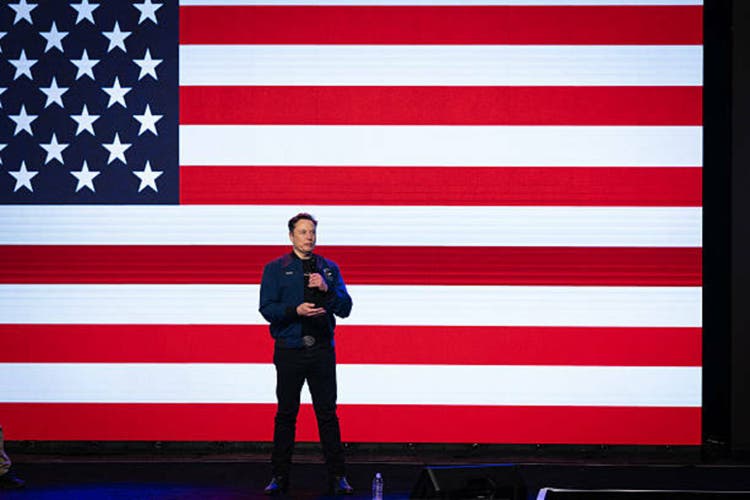



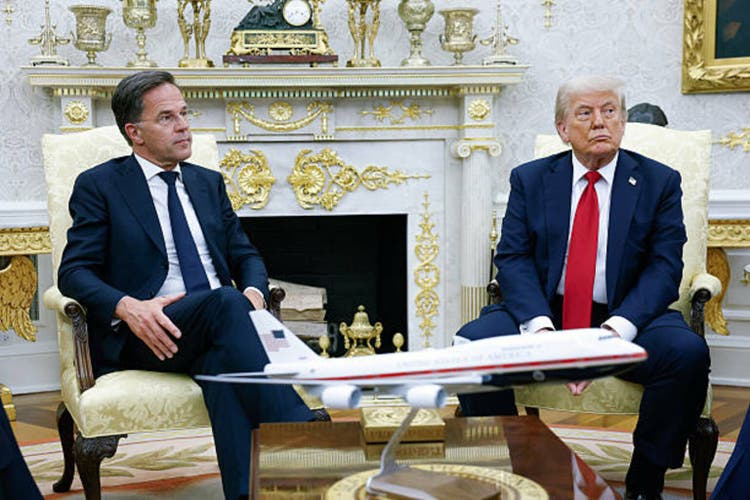



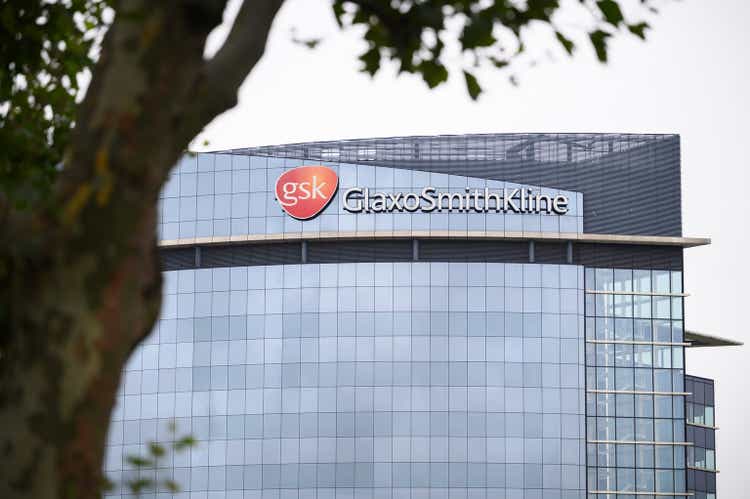

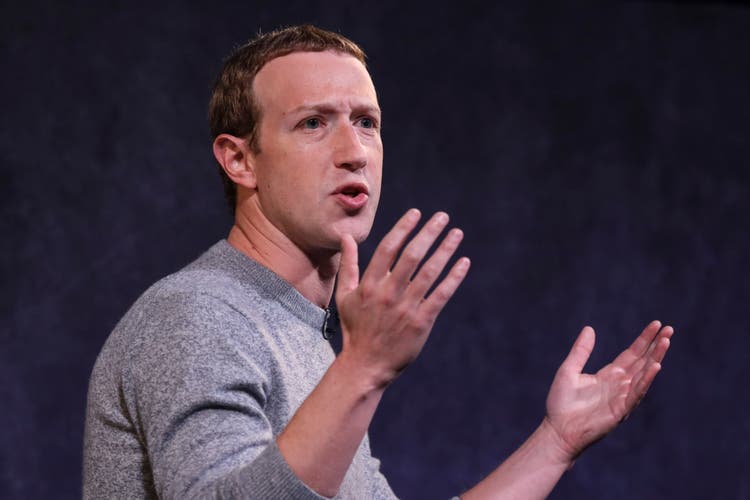



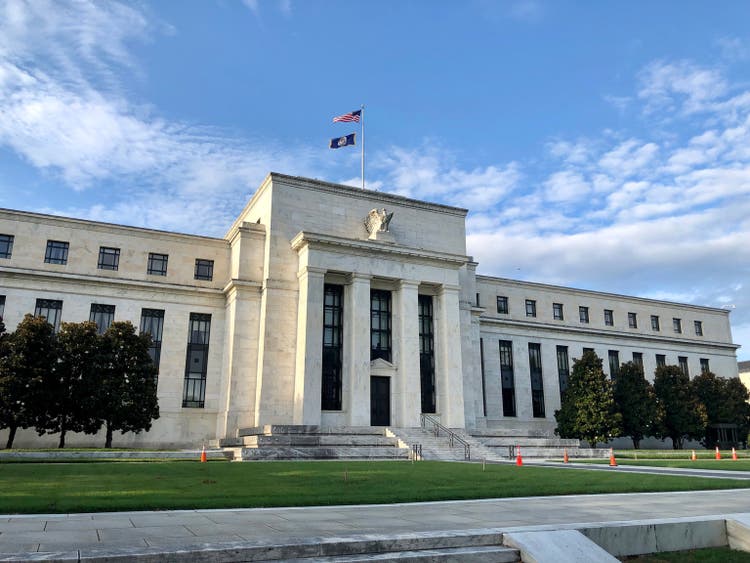
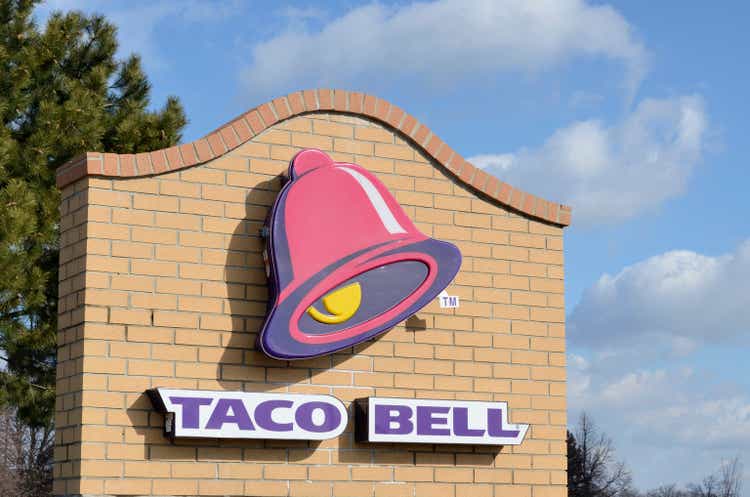






 English (US) ·
English (US) ·